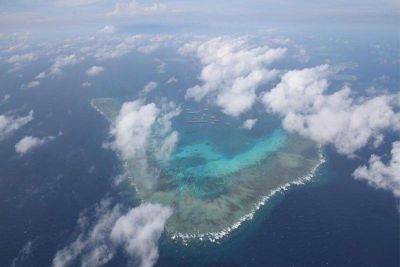Climate change threatens shutdown of hundreds of Philippine hospitals — report
MANILA, Philippines — Hundreds of hospitals in the Philippines could face partial or total shutdown from extreme weather events caused by climate change by the end of the century if fossil fuels are not phased out, a report by a climate risk analysis organization suggested.
The analysis of XDI found that 16,245 out of 200,216 hospitals worldwide—or one in 12 of them—are at high risk of damage from flooding, extreme wind, forest fire and cyclone by 2100 without a phase-out of fossil fuels, the largest contributors to climate change.
The Philippines, one of the countries most vulnerable to the impacts of the climate crisis, ranked seventh globally in terms of the number of high-risk hospitals. Around 550 or 26.7% of the 2,057 hospitals analyzed are at high risk of being shut down.
The main hazards posing risks in the Philippines were identified as riverine flooding, coastal inundation, and surface water flooding.
The report was released ahead of the first-ever “health day” at the COP28 climate summit in Dubai last Sunday, where topics under discussion included the unhealthy effects of climate change and the impacts of extreme weather events on health infrastructure.
Jit Sohal, the regional climate manager of Health Care Without Harm Southeast Asia, said the report highlights the need to fortify the country’s healthcare systems and facilities to protect people amid the climate crisis.
“Lack of access to healthcare services during and after a climate disaster can lead to immediate and long-term health consequences, including death, for the population it serves,” Sohal told Philstar.com.
According to the analysis, the risk of damage to hospitals from extreme weather events has risen by 41% since 1990, primarily because of planet-warming greenhouse gas emissions.
The report also found that medical facilities located on coastlines and near rivers are “most at risk” and that 71% of the high risk hospitals are in low- and middle-income countries such as the Philippines.
Currently, Southeast Asia has the highest percentage of hospitals at risk from climate-induced extreme weather events, with 10.76%. The analysis predicts that by the end of the century, the number







